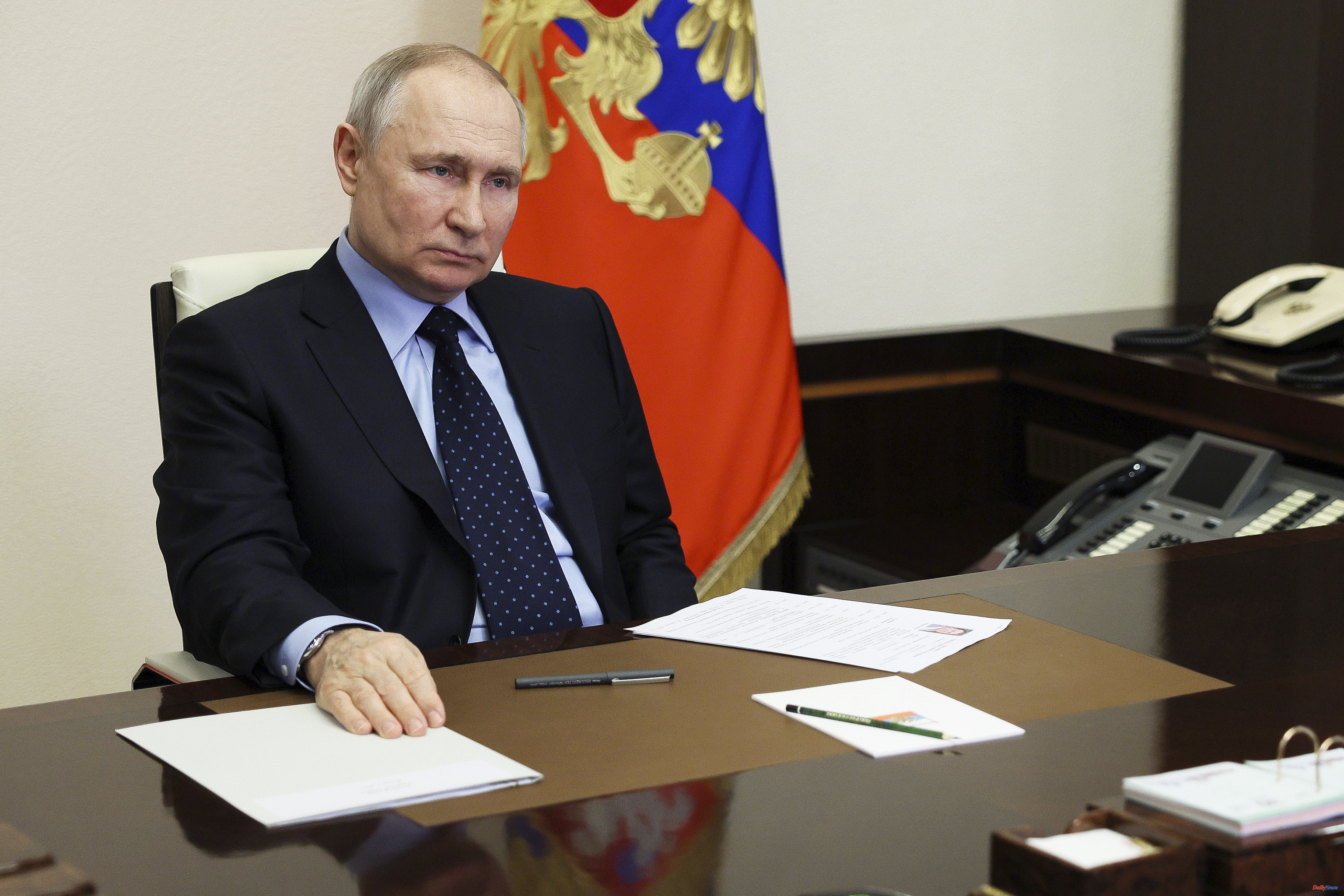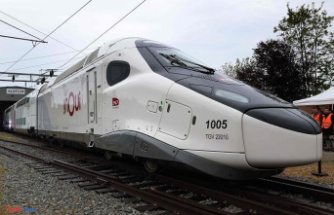In meetings between European and US officials, figures and tables circulate on how the Russian economy will hold up "in the medium term." In the last year (between January 2022 and January 2023), gas exports have been reduced by almost half, 46%.
In Moscow, the Ministry of Economy has recently reported that, at the beginning of 2023, revenue from the sale of oil had fallen by 60% compared to March 2022. And, as we know, gas and oil are the sources vital parts of Russia, the material bases of Putin's power.
The war is eroding them despite the Kremlin's efforts to substitute Chinese and Indian markets for European markets. On December 5, 2022, the EU banned the import of crude oil from Russia by ship and on February 5, 2023, the purchase of petroleum products. Two measures that are obviously beginning to bear fruit, as Vladimir Putin himself acknowledged yesterday. And it is that, in February, the price of Russian crude oil was 52.5 dollars per barrel, 30 dollars less than the world market average. Objectively, the 27 EU countries could not immediately cut gas supplies to zero; however, they agreed to a price cap that affected the income of the Russians.
In recent months, much has been said about semiconductors, a crucial component for assembling countless electronic products for civil and military use. Before the start of the war in Ukraine, Russian needs were 90% covered by Western supplies. But now the sanctions have forced the Moscow government to look elsewhere for these components, mainly in China. However, according to figures circulating in Washington and Brussels, semiconductor imports have plummeted 74% in one year.
The last element to analyze is foreign exchange reserves, that is, the State resources that are deployed to face economic or financial crises. Before February 24 they amounted to 640,000 million dollars. Today there are 580,000 million, but 300 of them have been "frozen" by foreign authorities. With which, 280 remain available: a third in gold, a third in Chinese currency and only the last part, about 100,000 million, easily spendable in world markets.
In summary, a country with rather bleak economic prospects is emerging. So far, Putin has managed to mask the difficulties that loom on the horizon. Trade relations with China, India and other states outside the US and European perimeter have limited the drop in Gross Domestic Product in 2022 to 2.1%, compared to forecasts of up to -15%.
According to 'The Wall Street Journal', the arms industry supported GDP, but public spending on arms has caused a public deficit of 34,000 million dollars (1.5% of GDP) only in the first two months of 2023.
But beware: the West has not yet won the sanctions war. Accusations against countries that agree to buy goods from US and EU companies and then deliver them to Moscow have multiplied in recent weeks.
The list includes the "usual suspects": China, of course, but also Turkey, Armenia, Kazakhstan, Kyrgyzstan and the United Arab Emirates. The governments of these states deny the accusations, but the EU's special envoy for sanctions, David O'Sullivan, points out that the Ukrainians have recovered 770 European-made components in Russian military vehicles.
It is a political minefield. US and EU leaders do not want to anger countries that are viewing the conflict with growing impatience. And the Ukrainian Volodimir Zelensky calls for more controls on Western companies that do whatever it takes not to give up Russian customers.
According to the criteria of The Trust Project












